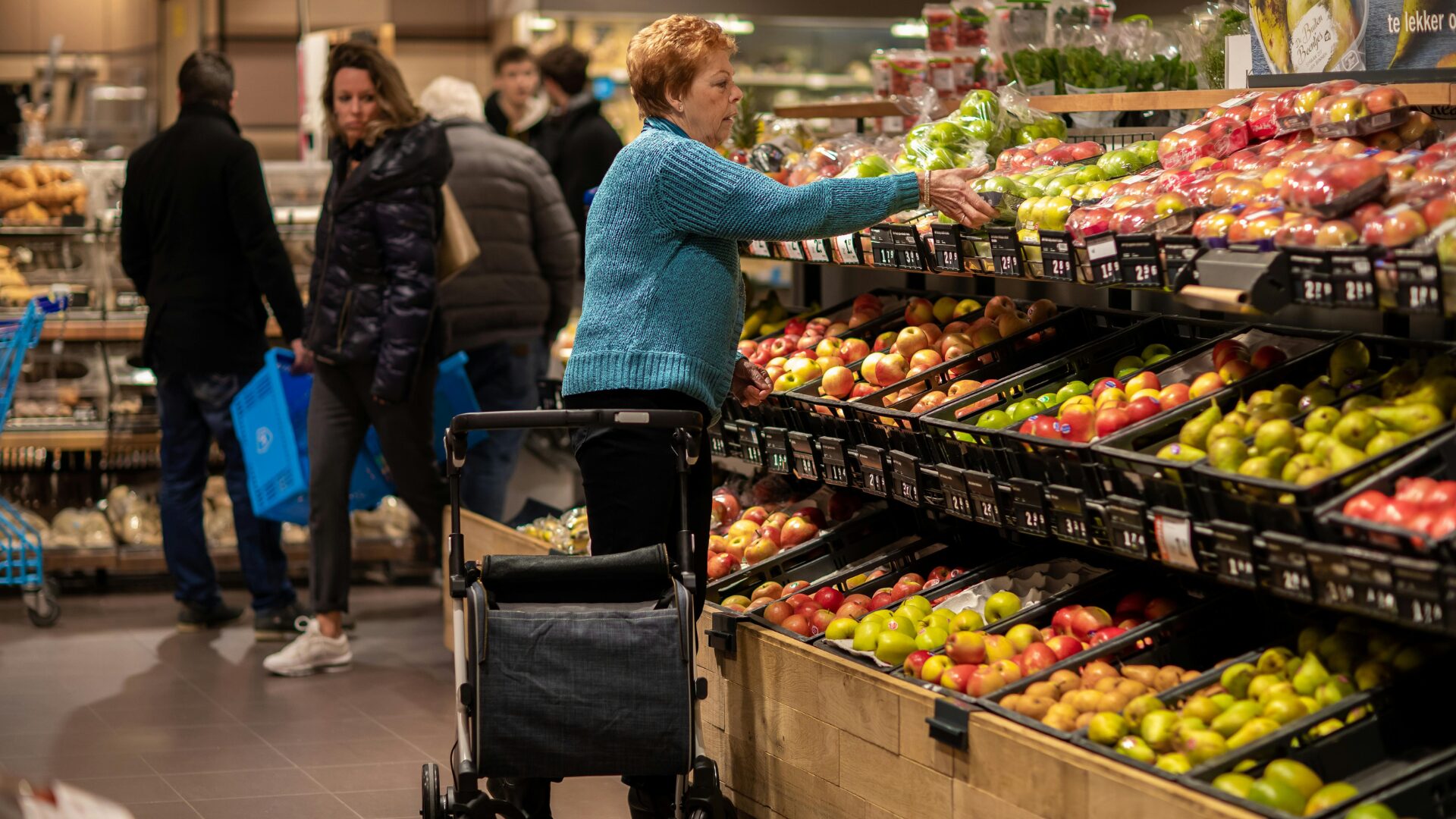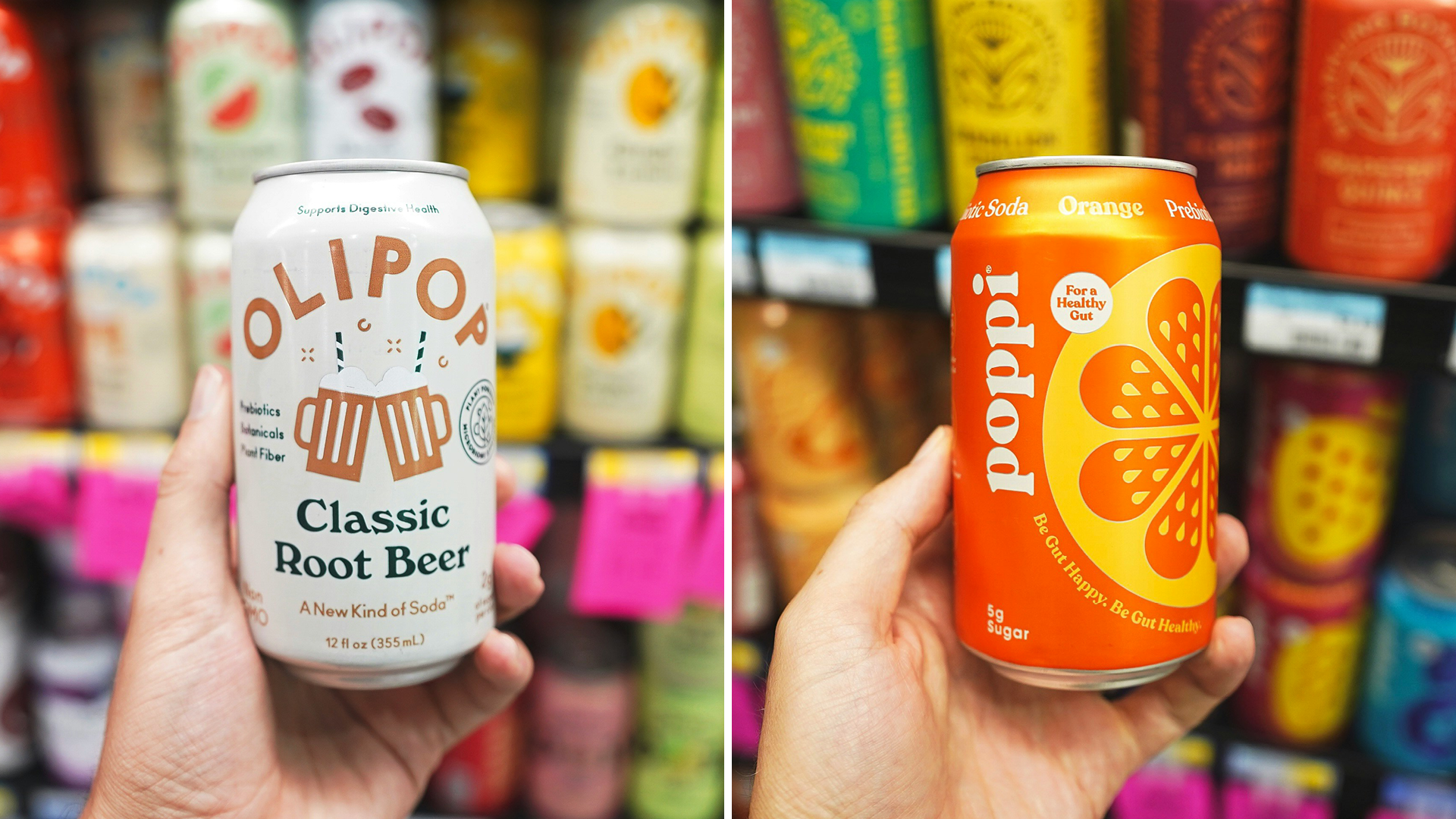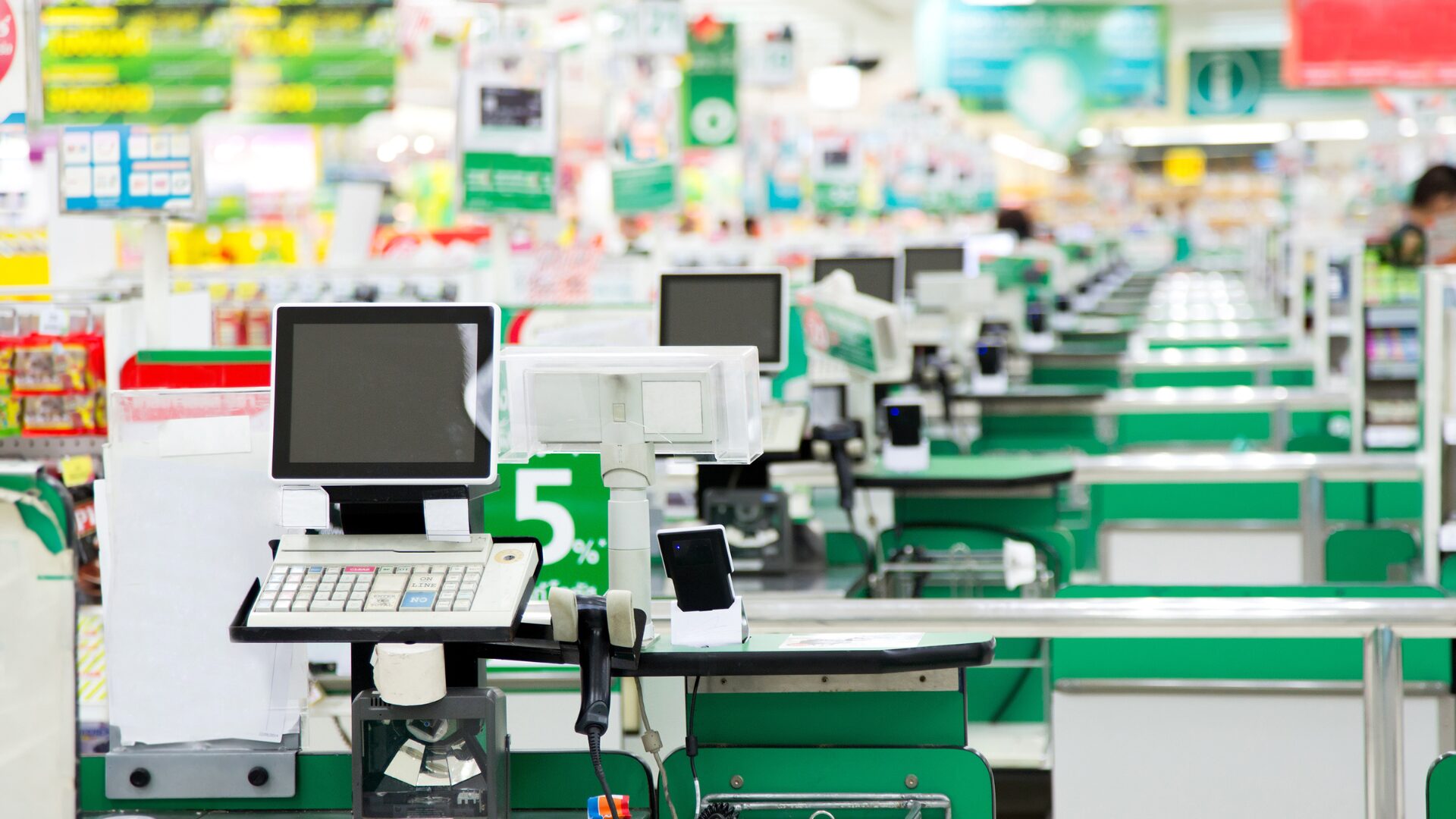Though the cost of many grocery items – like beef and poultry – continues to rise, organic items aren’t taking a hit. In fact, sales of organic food surpassed $60 billion last year, due in no small part to the post-pandemic emphasis on health and well-being.
“Consumers are more environmentally aware and health-conscious than ever, and organic food, as a byproduct of agricultural practices that holistically improve human and environmental health, is chief among the attributes shoppers look for when making better buying decisions,” Ricky Silver, the CEO of Daily Harvest, told The Food Institute.
“People generally understand that organic foods decrease exposure to pesticides, antibiotics, and hormones that may cause long-term health complications.”

Additionally, the amount of consumers who shop organic “when it’s convenient” has risen two percentage points to reach 21%.
“People are increasingly mindful of what they eat, seeking healthier options, and organic food aligns well with this lifestyle,” Erik Pham, CEO of HealthCanal, told The Food Institute.
CivicScience found that consumers making $100,000 or less per year are leading the rise in organic food purchases. Consider: 7% more adults who make $50,000-$100,000 are buying organic food now than they were two years ago.
“A growing number of people … favor foods free of artificial hormones, antibiotics, and pesticides. They feel that organic food is more pure and has higher nutritional value,” Gabrielle Marie Yap, senior editor at CarnivoreStyle, told FI.
“Organic fruits and vegetables – especially those that emphasize heirloom and exotic varieties – have become increasingly popular among consumers.”
That said, organic purchases in general are still not taking over at mainstream grocery stores.
Just 9% of those who shop at large regional grocery chains, as well as those who shop at supercenter retailers, say they shop organic every chance they get. By contrast, 25% of those who shop at specialty grocery stores say the same.
Food businesses can improve sales of organic items mainly “by including organic ingredients in their products and clearly labeling them as such,” Yap said.











